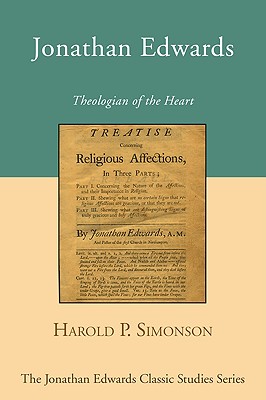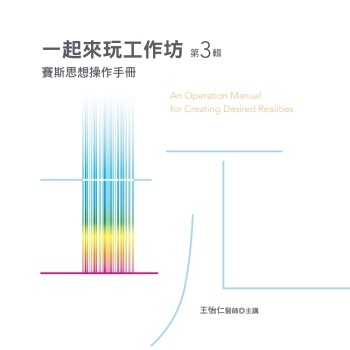The vast corpus of Jonathan Edwards includes sermons, treatises, dissertations, Miscellanies, Diary and Resolves, and his Personal Narrative. Underlying all his writing is his Calvinist God whose anger (justice) matched his love (glory). Equally important is the human condition, its darkness and its regenerative light, sin and salvation. For these reasons Simonson aptly calls Edwards a theologian of the heart, one not satisfied with only theological abstractions but also a necessary, heartfelt sense of them. Penetrating to these levels where literary artists do their work, he shares company with the likes of Herman Melville, Nathaniel Hawthorne, Emily Dickinson and William Faulkner. Since the resurgence of interest starting in the 1950s, Edwards is now recognized as America’s foremost religious thinker. Simonson emphasizes Edwards’ language--its imagery, metaphors, grand sweeps of cadences, along with Edwards’ intensity of both thought and feeling. Throughout, Simonson’s book provides an incisive and carefully documented introduction to Edwards’ magisterial range of mind and style.
| FindBook |
有 1 項符合
Jonathan Edwards: Theologian of the Heart的圖書 |
 |
Jonathan Edwards: Theologian of the Heart 作者:Simonson 出版社:Wipf & Stock Publishers 出版日期:2009-05-20 語言:英文 規格:平裝 / 182頁 / 22.9 x 15 x 1.3 cm / 普通級 |
| 圖書館借閱 |
| 國家圖書館 | 全國圖書書目資訊網 | 國立公共資訊圖書館 | 電子書服務平台 | MetaCat 跨館整合查詢 |
| 臺北市立圖書館 | 新北市立圖書館 | 基隆市公共圖書館 | 桃園市立圖書館 | 新竹縣公共圖書館 |
| 苗栗縣立圖書館 | 臺中市立圖書館 | 彰化縣公共圖書館 | 南投縣文化局 | 雲林縣公共圖書館 |
| 嘉義縣圖書館 | 臺南市立圖書館 | 高雄市立圖書館 | 屏東縣公共圖書館 | 宜蘭縣公共圖書館 |
| 花蓮縣文化局 | 臺東縣文化處 |
|
|
圖書介紹 - 資料來源:博客來 評分:
圖書名稱:Jonathan Edwards: Theologian of the Heart
內容簡介
作者簡介
Harold P. Simonson is Professor Emeritus of English, University of Washington, and is the author of The Closed Frontier: Studies in American Literary Tragedy; Prairies Within: The Tragic Trilogy of Ole Rolvaag; and Radical Discontinuities: American Romanticism and Christian Consciousness. He holds a PhD from Northwestern University and a BPhil in Divinity from the University of St. Andrews, Scotland.
|











